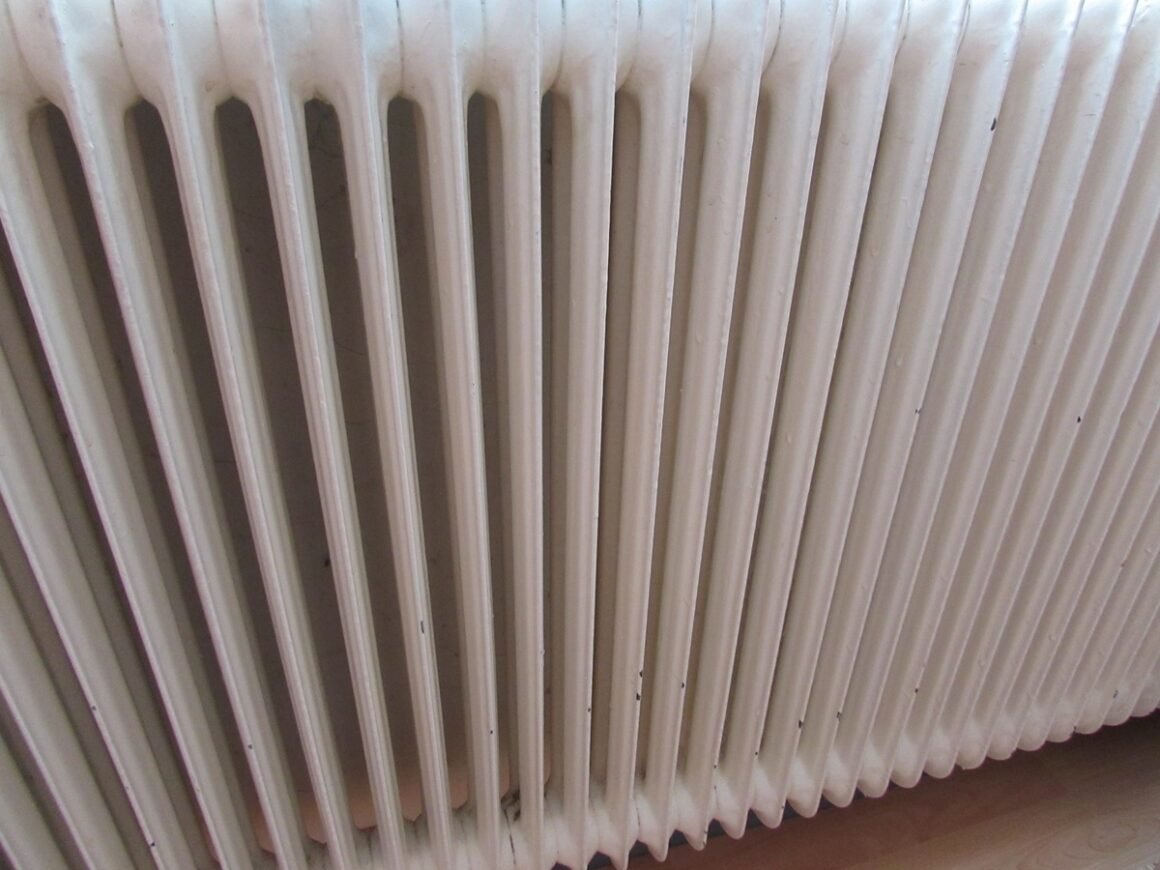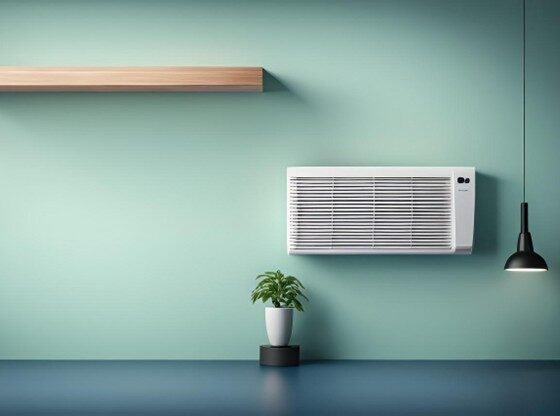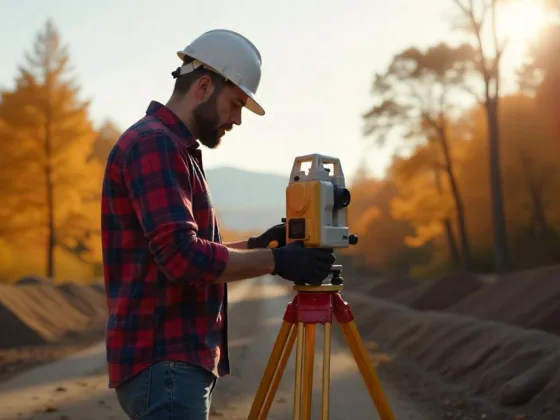Table of Contents Show
In the event of a heating outage, it’s essential to go beyond the immediate repairs and take additional measures to safeguard your home and family. Here are some advanced steps to consider:
- Emergency Heating Supplies: Stock up on essential emergency heating supplies, such as extra blankets, thermal sleeping bags, and portable heaters powered by batteries or generators. Having these supplies on hand can provide an extra layer of warmth during extended outages.
- Insulation and Draft Prevention: Evaluate your home’s insulation and seal any drafts. Use weatherstripping to seal windows and doors, preventing cold air from entering and warm air from escaping. Consider investing in thermal curtains or blankets to further insulate windows.
- Emergency Power Source: In the event of a prolonged outage, having an emergency power source, such as a generator, can help keep essential heating equipment running. Ensure that the generator is properly maintained and used in well-ventilated areas to prevent carbon monoxide buildup.
- Communication Plan: Establish a communication plan with family members or neighbors in case of an extended outage. This ensures that everyone is informed about the situation and can offer support if needed. Share important contact numbers, including those of local emergency services and heating repair professionals.
- Heating System Upgrade Consideration: If your heating system is aging or prone to frequent breakdowns, consider upgrading to a more energy-efficient and reliable system. Modern heating systems not only provide better performance but also contribute to long-term energy savings.
- Home Insurance Review: Review your home insurance policy to understand the coverage for potential damages caused by heating outages. Ensure that you are adequately covered for losses related to frozen pipes, leaks, and other heating-related issues.
Experiencing a sudden loss of heat in your home is not only inconvenient but can also pose serious risks. Beyond the discomfort, the potential damage to your home and the health of your family make it crucial to have a plan in place for when the heat goes out. In this article, we’ll explore key aspects of handling such emergencies, ensuring you’re prepared to tackle the situation effectively.
Choosing Your Heating Repair Contractor
Preparation begins long before your heating system malfunctions. Establish a relationship with a reliable heating repair contractor while your system is still operational. Regular service and cleaning visits will familiarize them with your heating system, allowing them to provide valuable insights into potential issues.
Keep their contact information readily available for quick access in case of a breakdown. Early engagement with a heating professional can also help address concerns related to the availability of replacement parts, especially for older systems.
Diagnosing the Situation
When you discover a lack of heat in your home, it’s crucial to confirm that it’s a heating system issue and not a utility interruption. Verify that your electricity is on and check the breaker box for any tripped switches. Reset breakers and monitor for stability.
If your heating unit relies on gas, ensure your gas supply is intact. Check other gas-dependent appliances like water heaters or ranges and inquire with neighbors about their gas availability. Confirming the root cause is essential before seeking repairs.
Protecting Your Home
In freezing temperatures, protecting your plumbing becomes a priority to prevent costly damage. Take immediate steps by opening cabinets under sinks to allow warmer air to reach the pipes. Additionally, keep a steady stream of water running from a faucet, preferably one farthest from your home’s water line entry.
Avoid using heaters or makeshift methods to keep pipes warm, as this may lead to safety hazards. These simple precautions can significantly reduce the risk of frozen pipes and subsequent leaks during a heat outage.
Ensuring Family Safety
Once you’ve confirmed a heating unit malfunction and contacted a repair service, focus on ensuring your family’s safety. Gather everyone in the warmest room and close off unused areas to conserve heat. If necessary, use space heaters cautiously and refrain from using fireplaces or woodstoves without recent inspections.
Avoid improvised heating sources like stoves or ovens, as they can pose serious risks. Instead, encourage physical activity and ensure everyone dresses warmly to maintain body heat.
Proactive Measures with Elite Plumbing, Heating, and Air Conditioning
Consider reaching out to professionals like Elite Plumbing, Heating, and Air Conditioning before facing a heat outage. Regular servicing and inspections can often prevent outages during winter. Additionally, their expertise may guide decisions on whether to replace an unreliable unit, ensuring a new system is online well before the colder months. Contact Elite Heating at 702-263-2665 to schedule preventive maintenance and keep your home warm and safe this winter.
In conclusion, a proactive approach to emergency heating repair involves choosing a reliable contractor, diagnosing the situation accurately, protecting your home and family, and engaging professionals before an outage occurs.
By following these guidelines, you can minimize the impact of a heat outage and ensure the safety and well-being of your household.










